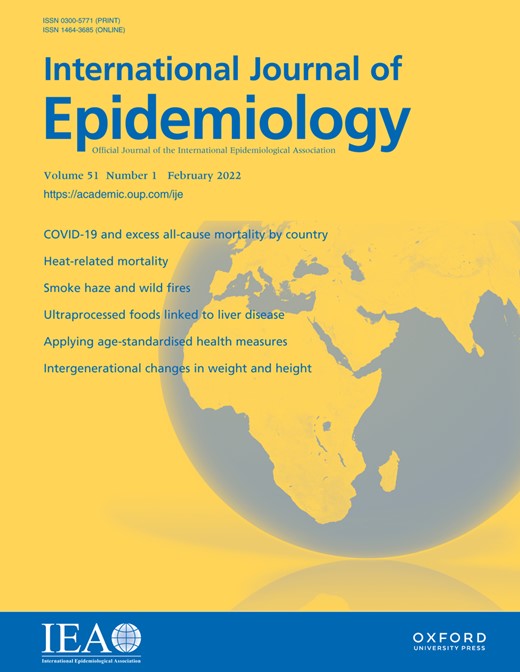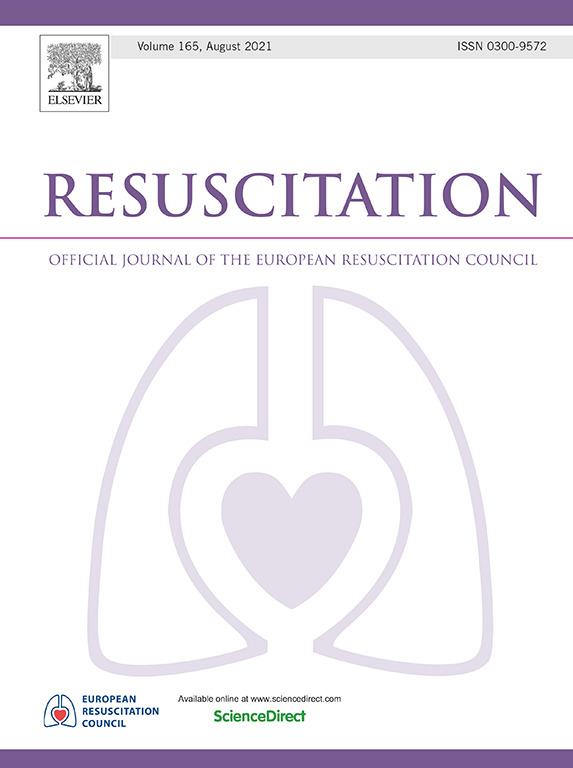The relationship between parental stress and psychological adjustment of the children: The role of parental psychological flexibility as a mediator
There is growing interest in parental psychological flexibility, understood as parents’ ability to enjoy an optimal relationship with their children by accepting their negative emotions and thoughts in the present moment, while remaining child-conscious, in value-based parenting. Parenting can sometimes be stressful, especially when faced with the varied and changing challenges of parenthood. Parental stress,…












